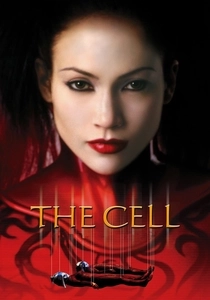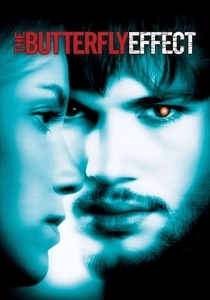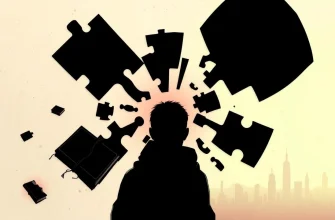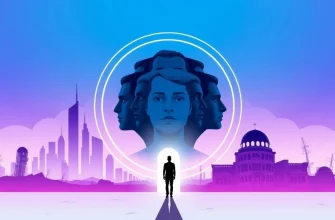Dive into the fascinating world where science fiction meets psychotherapy. This collection of films not only entertains but also delves into the complexities of the human psyche through futuristic settings, advanced technologies, and mind-bending scenarios. Each film in this list provides a unique perspective on mental health, therapy, and the exploration of consciousness, making it a must-watch for anyone interested in the psychological aspects of science fiction.

A Clockwork Orange (1971)
Description: Although not strictly sci-fi, this dystopian film includes elements of future technology and psychological conditioning, making it relevant for its exploration of free will and behavior modification.
Fact: Stanley Kubrick withdrew the film from UK cinemas due to concerns over copycat violence.
 Watch Now
Watch Now 
Brainstorm (1983)
Description: Scientists invent a machine that records and plays back human experiences, leading to ethical dilemmas and psychological explorations of memory and consciousness.
Fact: Natalie Wood died during the production of this film, and her scenes were completed using a stand-in.
 Watch Now
Watch Now 
Dark City (1998)
Description: A man wakes up with no memory and discovers a city where reality is manipulated by mysterious beings, exploring themes of identity, memory, and psychological manipulation.
Fact: The film's visual style was influenced by German Expressionism, particularly Fritz Lang's "Metropolis."
 Watch Now
Watch Now 
The Matrix (1999)
Description: While primarily known for its action, The Matrix delves into themes of reality, perception, and the human mind's ability to accept or reject the truth, which can be seen as a form of psychological therapy.
Fact: The film's concept was influenced by philosophical ideas like Plato's Allegory of the Cave.
 Watch Now
Watch Now 
The Cell (2000)
Description: A psychotherapist enters the mind of a comatose serial killer to find his latest victim, blending psychological horror with sci-fi elements to explore the depths of the human psyche.
Fact: The film's surreal visual style was inspired by the works of Salvador Dalí and H.R. Giger.
 Watch Now
Watch Now 
The Butterfly Effect (2004)
Description: A young man discovers he can travel back in time to his childhood to fix past mistakes, but each change has unforeseen consequences, delving into the psychological effects of time travel and memory alteration.
Fact: The film had multiple endings, with the theatrical release being the most optimistic one.
 Watch Now
Watch Now 
Eternal Sunshine of the Spotless Mind (2004)
Description: This film presents a futuristic procedure where memories can be erased, exploring themes of love, memory, and identity. It's a poignant look at how we cope with emotional pain through a sci-fi lens.
Fact: The film was shot in sequence to help the actors portray the emotional journey of their characters accurately.
 Watch Now
Watch Now 
Inception (2010)
Description: Inception explores the concept of dream-sharing technology where a group of thieves can enter the subconscious mind to implant an idea. This film is a perfect blend of psychological exploration and sci-fi action, delving into the layers of the human mind.
Fact: The film's dream logic was inspired by real-life dream research, and the spinning top in the movie was a personal totem of director Christopher Nolan.
 Watch Now
Watch Now 
The Adjustment Bureau (2011)
Description: This film combines elements of sci-fi with themes of destiny, free will, and the psychological impact of knowing one's fate, making it a unique addition to this list.
Fact: The film was inspired by a Philip K. Dick short story, known for its exploration of reality and human agency.
 Watch Now
Watch Now 
Strange Days (1995)
Description: Set in a near-future Los Angeles, this film features a technology that allows people to record and experience others' memories, raising questions about identity, memory, and psychological trauma.
Fact: The film was ahead of its time in predicting the rise of virtual reality and the ethical implications of memory sharing.
 30 Days Free
30 Days Free 








